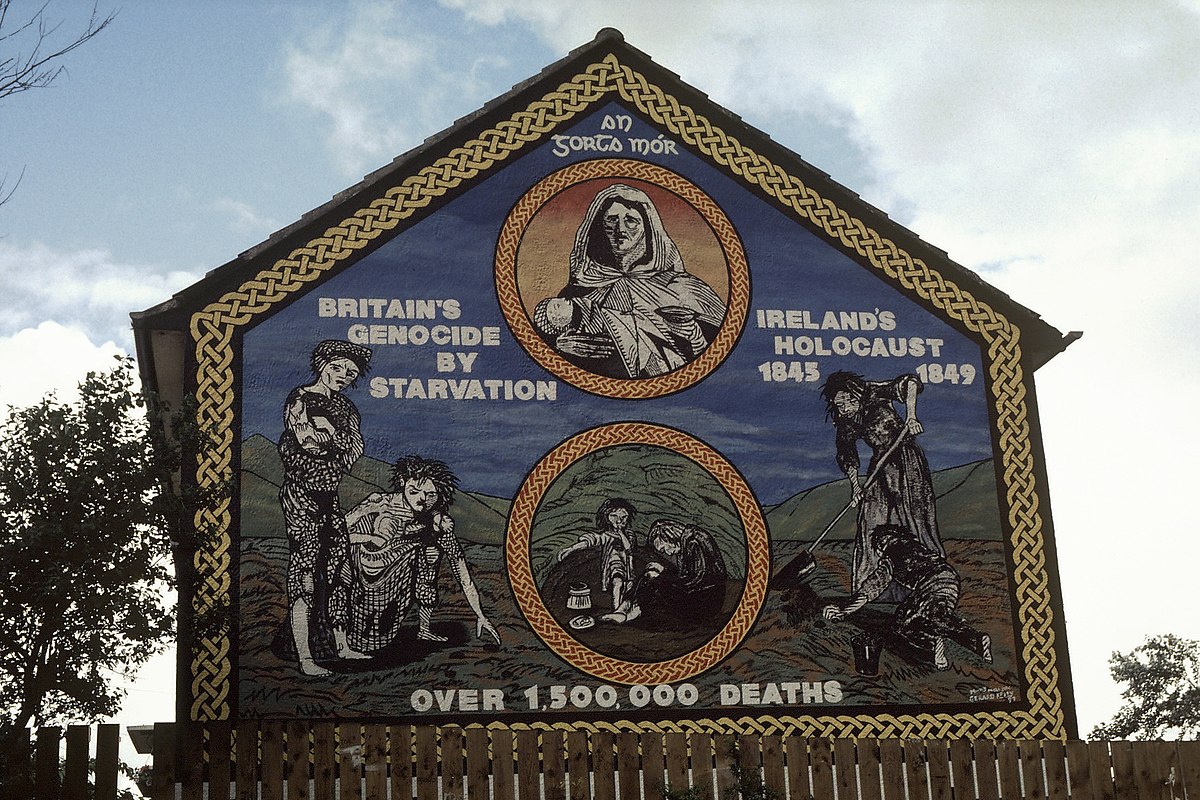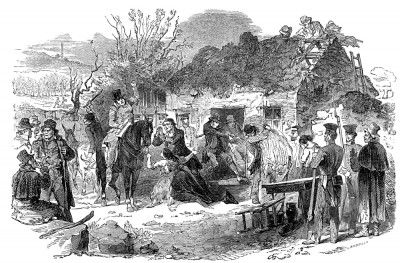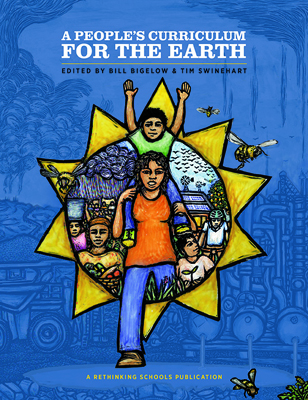
Sinéad O’Connor performing at the Ramsbottom Music Festival on September 15, 2013. By Phil King, CC by 2.0
The Zinn Education Project mourns the death of Sinéad O’Connor.
There is much to be written about O’Connor, who said about herself that she was “proud to be a troublemaker.” The “trouble” she made? In 1989, nominated for four Grammys, she boycotted the awards show, saying they were based on “false and destructive materialistic values.” In 1990, O’Connor refused to appear on Saturday Night Live when they scheduled the misogynistic and homophobic Andrew Dice Clay as the host. She refused to have the national anthem played before her concerts. She explained, “It’s the American system I have disrespect for, which imposes censorship on people, which as far as I’m concerned is racism.”
She was what is too rare in popular culture: an artist of conscience.
In our role play, “Hunger on Trial,” on the Irish Famine, we feature two of O’Connor’s poignant songs: “Skibbereen” and “Famine.” As O’Connor sings in “Skibbereen”:
Oh, it’s well I do remember, that bleak
December day,
The landlord and the sheriff came, to drive
us all away
They set my roof on fire, with their cursed
English spleen
And that’s another reason why I left old
Skibbereen.
Regarding land and food as purely commodities is the throughline from the Irish Famine to today. Honor Sinéad O’Connor by drawing on her insight, anger, and poetry in your curriculum.









Twitter
Google plus
LinkedIn